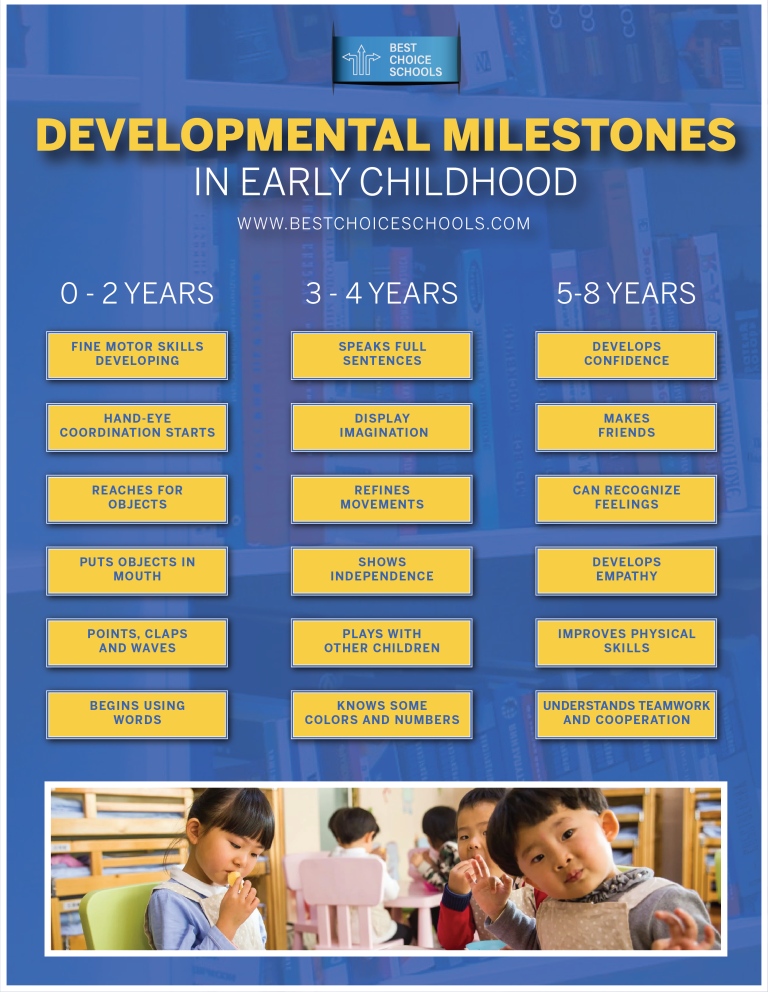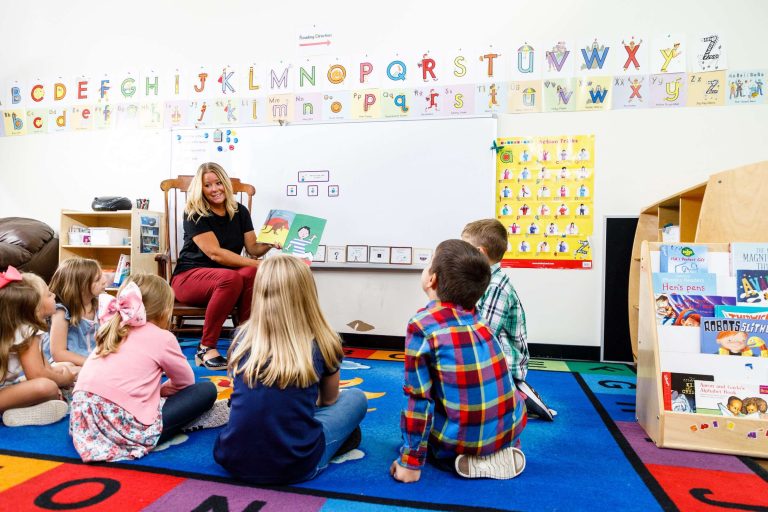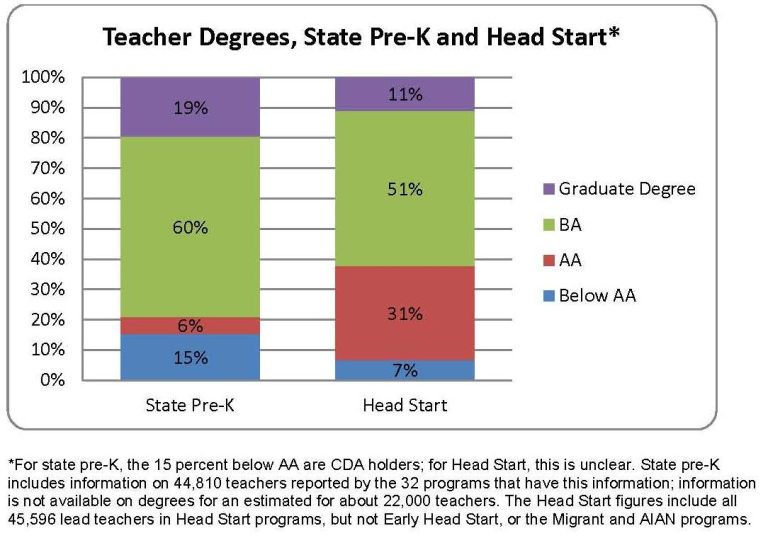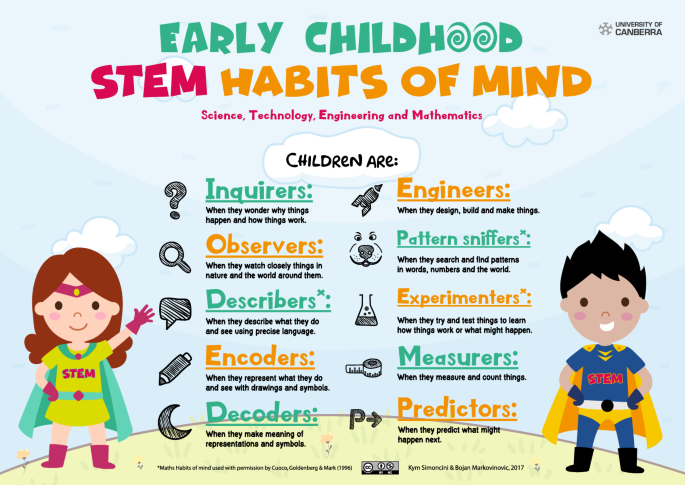What Early Childhood Education : Ensuring a Strong Foundation

Early Childhood Education focuses on the development of young children through structured learning activities. It includes social, emotional, and cognitive growth.
Young children benefit greatly from quality early childhood education as it sets a strong foundation for their future academic success. The importance of early childhood education cannot be overstated, as it plays a crucial role in shaping a child’s lifelong learning journey.
By providing a nurturing and stimulating environment, early childhood education programs help children develop essential skills and abilities that are vital for their overall development. These programs typically focus on fostering creativity, critical thinking, and social skills, ensuring that children are well-prepared for formal schooling and beyond.
The Importance Of Early Childhood Education
Early childhood education plays a crucial role in laying the foundation for a child’s future success. The experiences and learning opportunities during these formative years have a profound impact on a child’s development. Investing in early childhood education is not only beneficial for the individual child but also for society as a whole.
Benefits Of Early Childhood Education
Early childhood education provides a range of benefits that have a lasting impact on a child’s life. From social and emotional development to cognitive growth, the advantages are numerous.
Impact On Cognitive Development
Early childhood education has a significant impact on a child’s cognitive development. It enhances their ability to think, reason, and problem-solve, setting the stage for future academic success.
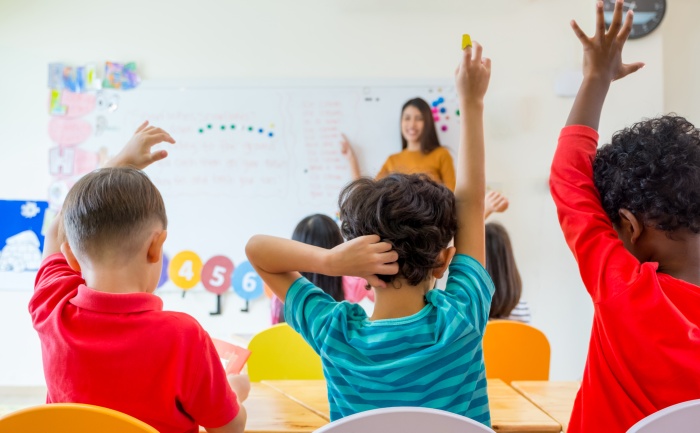
Credit: www.utep.edu
Key Components Of Early Childhood Education Programs
Early childhood education programs are crucial for laying the foundation for a child’s future academic and social success. These programs encompass various key components that focus on fostering holistic development in young children. Understanding the essential elements of early childhood education programs can help parents and educators ensure that children receive the best possible start in their educational journey.
Curriculum Design
Curriculum design in early childhood education programs is centered around creating a well-rounded learning experience. This includes incorporating diverse subjects such as language development, mathematics, science, and arts. The curriculum is carefully tailored to align with the developmental needs and interests of young children, providing a balanced approach to their educational growth.
Social And Emotional Development
Social and emotional development is a fundamental aspect of early childhood education. Programs focus on creating a nurturing environment where children learn to express their emotions, develop empathy, and build positive relationships with peers and adults. Through activities and interactions, children are encouraged to cultivate essential social skills and emotional resilience, laying the groundwork for healthy interpersonal interactions in later stages of life.
Challenges In Early Childhood Education
Early childhood education plays a crucial role in laying the foundation for a child’s future learning and development. However, there are various challenges that need to be addressed to ensure the effective delivery of early childhood education programs.
Access And Equity Issues
Access and equity issues are prevalent in early childhood education, with disparities in access to quality programs based on socioeconomic factors, geographic location, and cultural backgrounds. These disparities can hinder the overall development of children and create long-term educational inequalities.
Quality Of Programs
The quality of programs in early childhood education is a significant concern, as not all programs meet the necessary standards for providing a stimulating and supportive learning environment. Subpar facilities, underqualified staff, and inadequate resources can impact the overall effectiveness of early childhood education initiatives.

Credit: www.forbes.com
The Role Of Parents In Early Childhood Education
Early childhood education is crucial for a child’s development and sets the foundation for their future learning. The role of parents in early childhood education is pivotal, as they play a significant part in fostering their child’s growth and development. Parental involvement and support can greatly impact a child’s early learning experiences and overall educational journey.
Parental Involvement
Parental involvement in early childhood education encompasses a range of activities that parents can engage in to support their child’s learning. This involvement can include participating in parent-teacher conferences, volunteering in the classroom, and staying informed about their child’s progress and educational activities. When parents are actively engaged in their child’s education, it fosters a sense of partnership between home and school, creating a supportive environment for the child’s learning and growth.
Supporting Learning At Home
Supporting learning at home is an essential aspect of parental involvement in early childhood education. Parents can create a conducive learning environment at home by providing educational materials, engaging in educational activities, and encouraging their child’s curiosity and exploration. Reading to and with their child, incorporating educational games and activities, and discussing daily experiences can all contribute to a child’s cognitive and social-emotional development.
Innovations In Early Childhood Education
Innovations in Early Childhood Education are shaping the future of learning for our youngest learners. From incorporating technology to emphasizing play-based learning, these advancements are revolutionizing how children engage with education.
Technology Integration
Technology Integration in early childhood education introduces interactive tools and digital resources to enhance learning experiences.
Play-based Learning
Play-Based Learning approaches education through hands-on activities and exploration, fostering creativity and critical thinking skills.
The Impact Of Early Childhood Education On Society
Early Childhood Education has a profound impact on society, shaping the future by nurturing young minds.
Long-term Benefits
- Early education fosters cognitive development
- Enhances social skills and emotional intelligence
- Encourages lifelong learning habits
Economic Implications
- Reduces future societal costs
- Increases earning potential for individuals
- Boosts workforce productivity
Policy Recommendations For Improving Early Childhood Education
Government Initiatives
Governments should prioritize funding early childhood education programs to ensure accessibility for all children. Investing in quality early learning opportunities is crucial for the development of young learners. Policies should also be in place to support the inclusion of children from diverse backgrounds and those with special needs.
Training And Support For Educators
Educator training programs must be enhanced to provide comprehensive instruction on child development, inclusive teaching practices, and effective curriculum implementation. Ongoing professional development opportunities should be made available to educators to ensure they are equipped with the latest research and best practices. Mentorship programs can also be established to provide support for new teachers entering the field.

Credit: www.teachaway.com
Frequently Asked Questions
What Is The Meaning Of Early Childhood Education?
Early childhood education refers to the education provided to children from birth to eight years old. This includes activities and experiences that promote their physical, cognitive, emotional, and social development. The goal is to ensure children have a strong foundation for future learning and success in life.
What Is Learning In Early Childhood?
Learning in early childhood is the process of acquiring knowledge, skills, and behaviors during the early years of life. It includes play-based activities, exploration, and social interactions that support cognitive, social, emotional, and physical development.
What Is Considered Early Childhood?
Early childhood typically refers to the period from birth to around age 8. This developmental stage is crucial for learning and growth.
What Does The Early Childhood Curriculum Include?
The early childhood curriculum includes activities that promote child development in areas such as social, emotional, cognitive, and physical growth. It involves learning through play, exploration, and hands-on experiences. The curriculum focuses on building foundational skills in literacy, math, science, and language, as well as promoting creativity and imagination.
Conclusion
Early childhood education is the foundation for a child’s future success, and it is crucial to invest in quality programs for children. By providing a safe, nurturing, and stimulating environment, we can help children develop important social, emotional, and cognitive skills.
As parents, educators, and policymakers, we must prioritize early childhood education and provide equitable access to high-quality programs for all children. By doing so, we can ensure that every child has the opportunity to reach their full potential and contribute to society in meaningful ways.
Let’s invest in our children’s future today.
Lorem Ipsum is simply dummy text of the printing and typesetting industry. Lorem Ipsum has been the industry’s standard dummy text ever since the 1500s, when an unknown printer took a galley of type and scrambled it to make a type specimen book.


